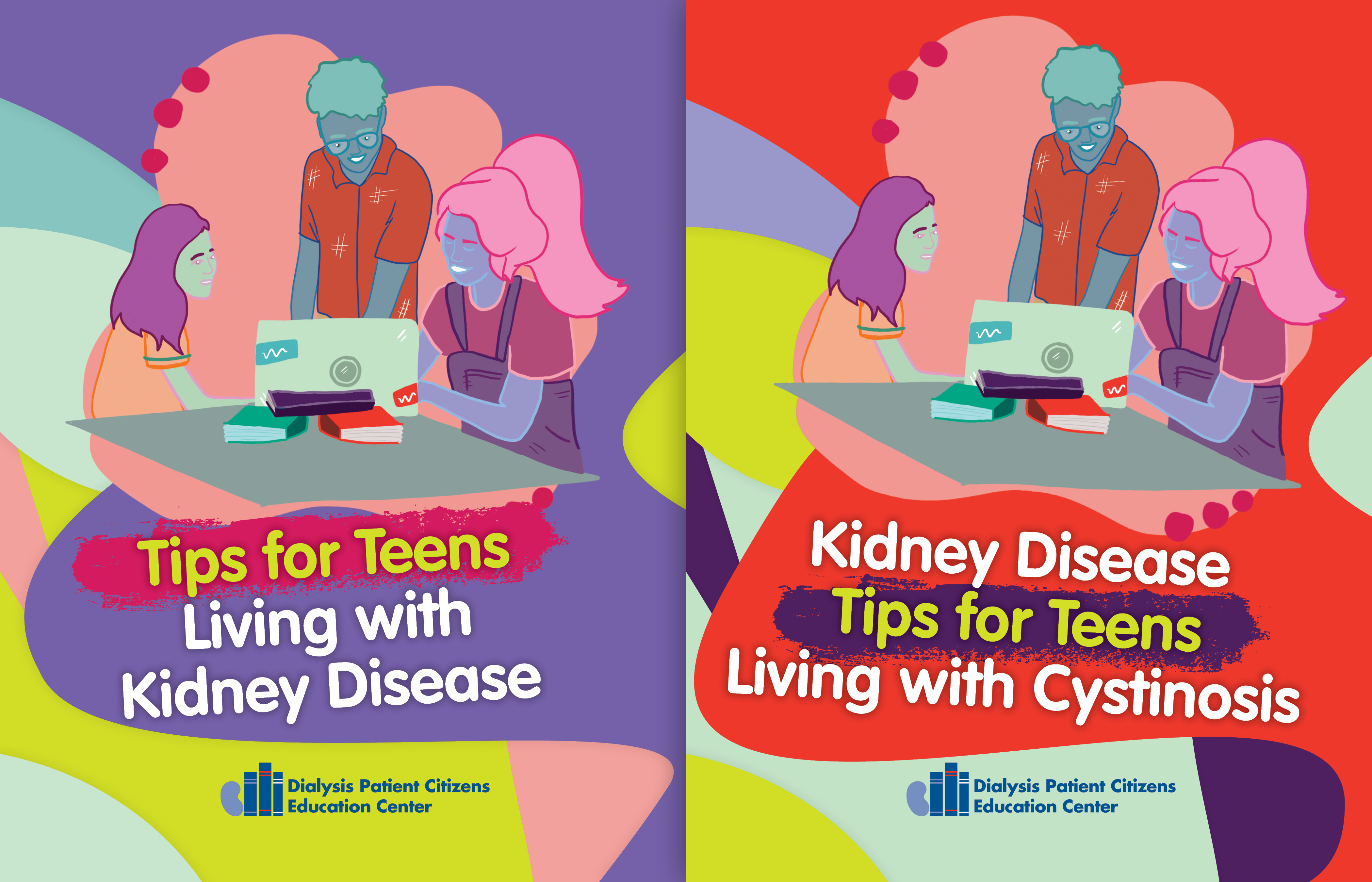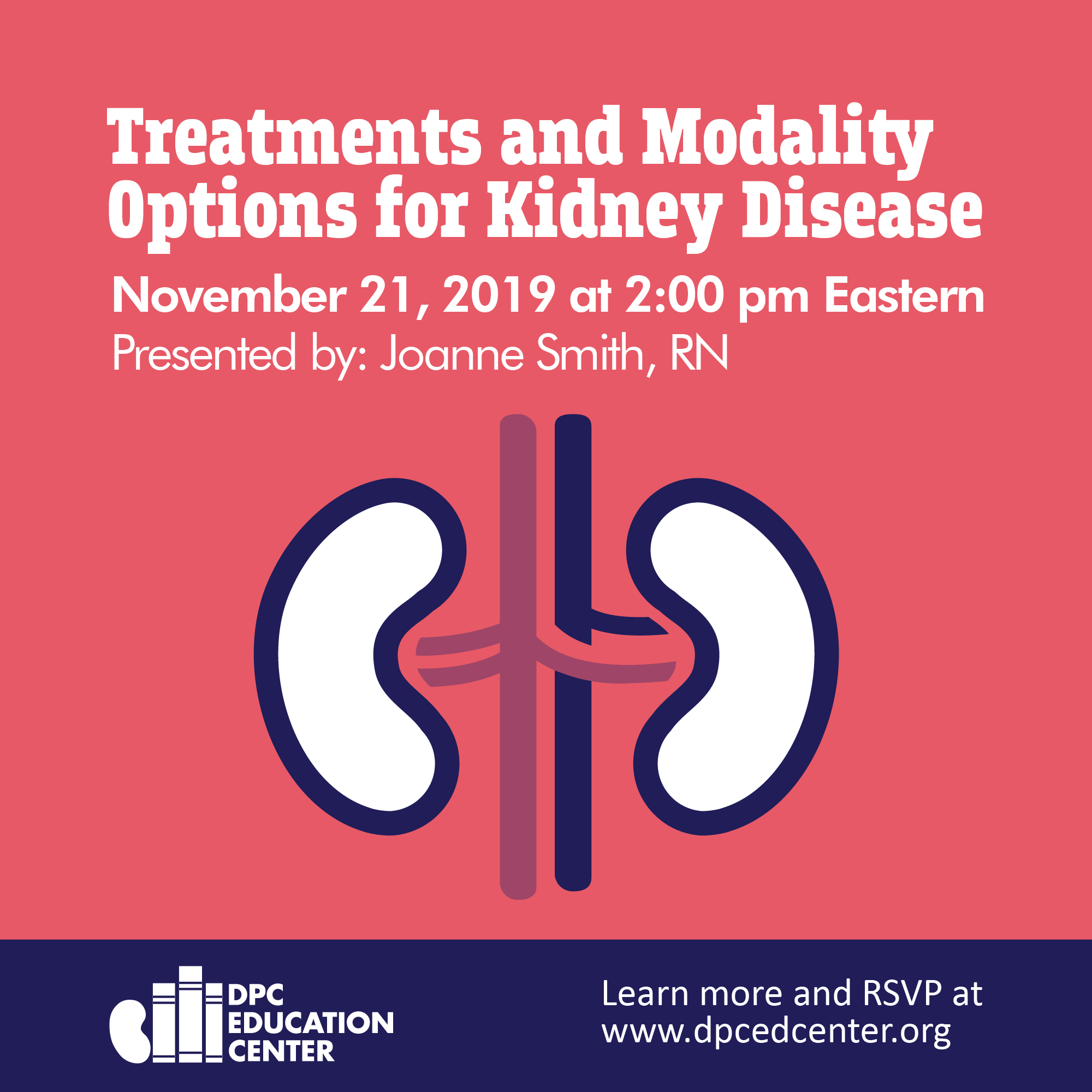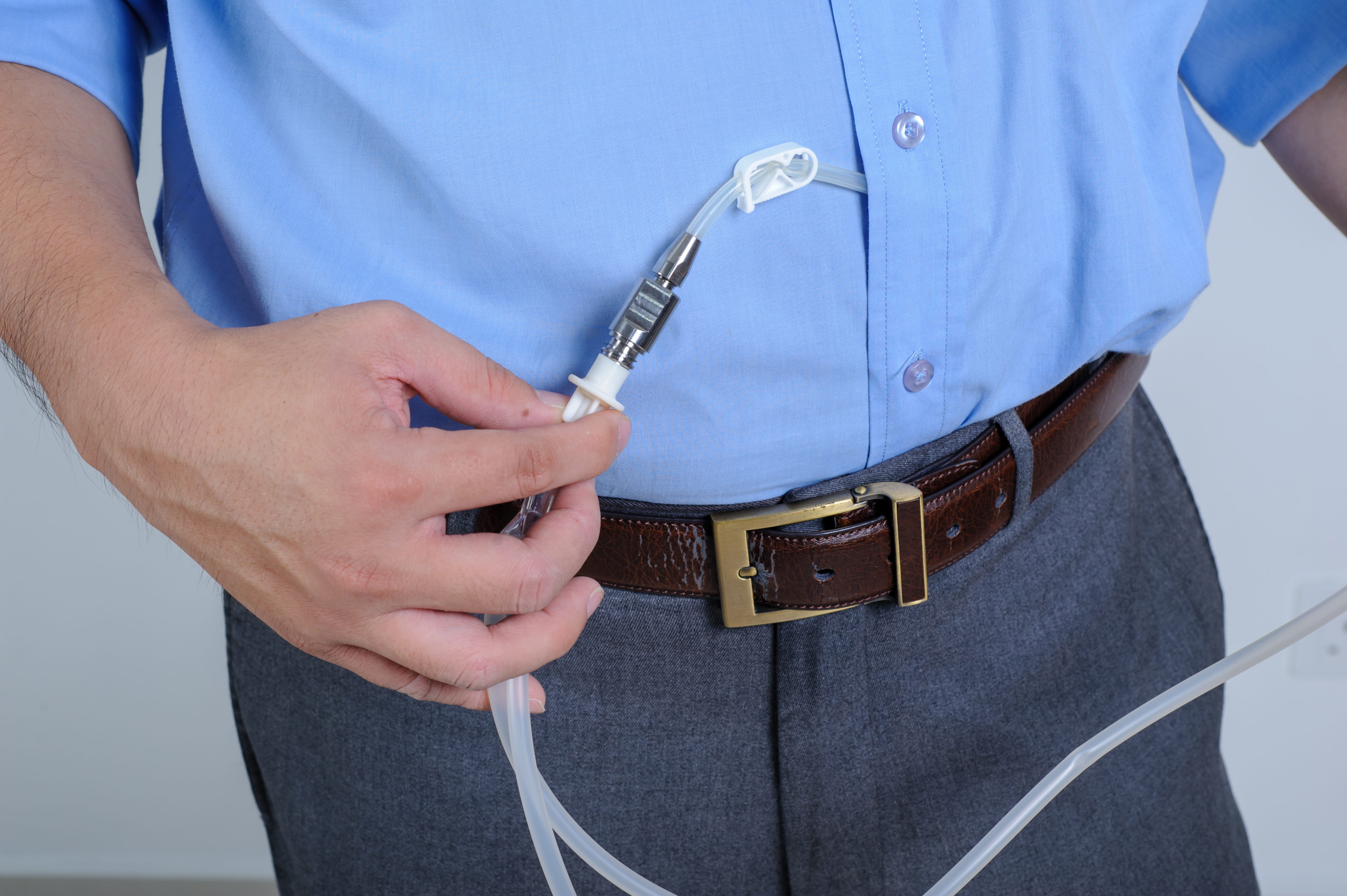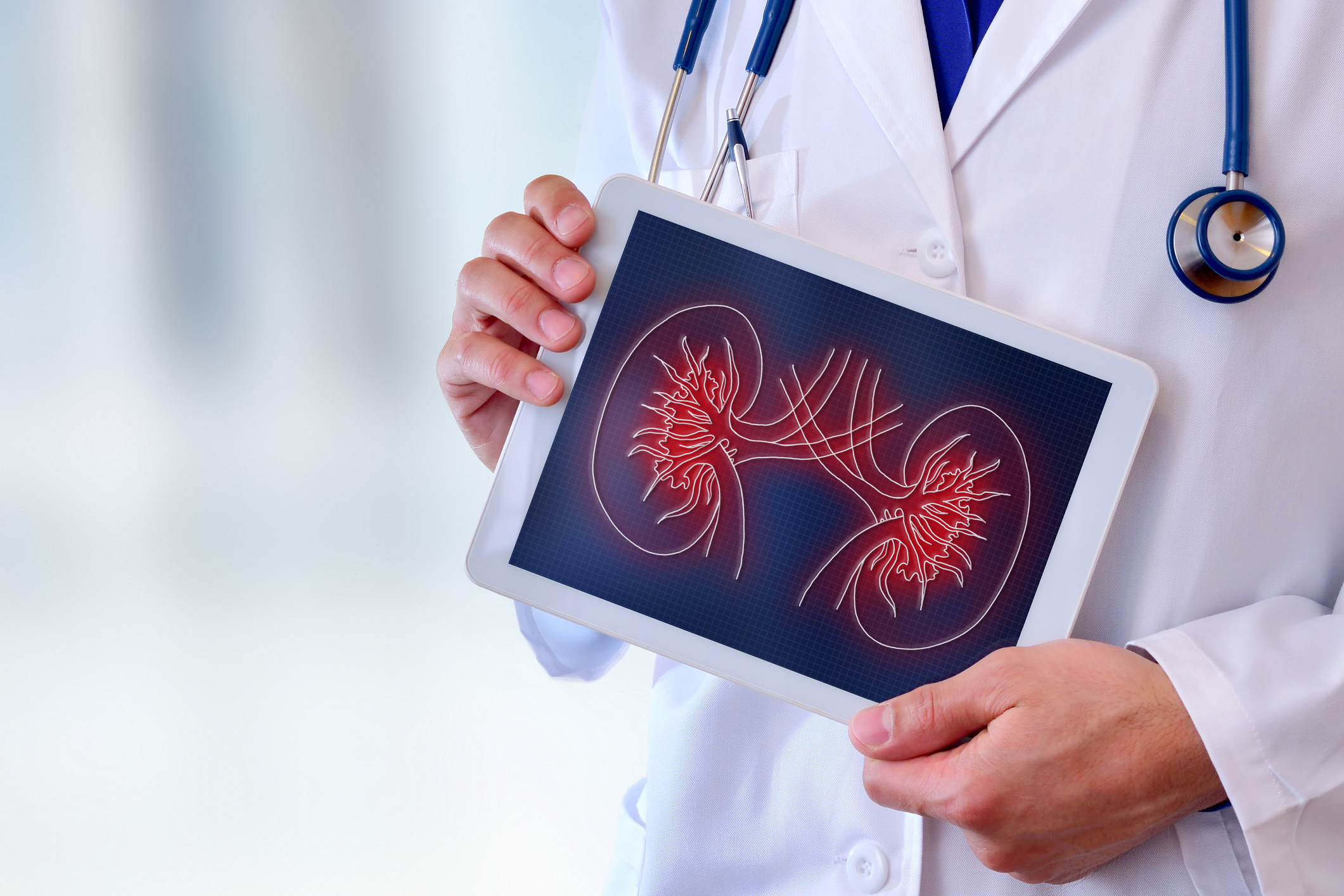New Resources for Teens
These booklets were developed for tweens and teens who learn their kidneys are not working and they will need dialysis or a transplant. The booklets provide a brief overview of coping with kidney disease, being part of their health care team, the importance of diet, taking medication, and treatment methods. They also touch on feelings related to having a chronic illness, family and friends, and being a teen. The development of both booklets included input from kids currently on dialysis, parents, adults who had kidney disease as children, and nephrologists. Although both booklets are similar, one focuses on teens who learn [...]









